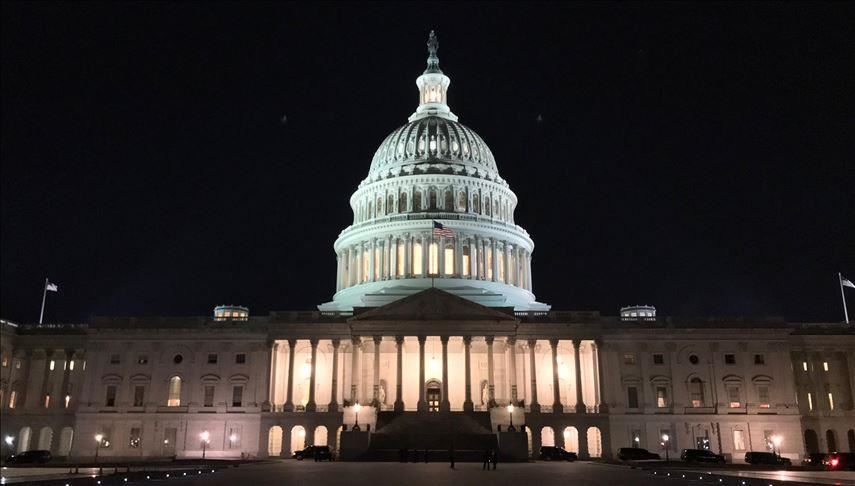US unveils economic portion of Middle East peace plan
Plan calls for $50 billion in investments for Palestinians in next 10 years

WASHINGTON
The White House on Saturday unveiled the economic portion of its Middle East peace plan, calling for $50 billion dollars in investments for Palestine and neighboring Arab states.
The plan, which has been long-promised and faced a number of delays, calls for increased infrastructure projects between the Gaza Strip and the West Bank, with a stated goal to "empower the Palestinian people to build a better future for themselves and their children."
U.S. President Donald Trump's administration has touted the plan and called "Peace to Prosperity" as "the most ambitious and comprehensive international effort for the Palestinian people to date."
The plan is expected to be formally released by its architect, White House senior adviser and Trump's son-in-law Jared Kushner, at the economic conference in Bahrain hosted by the U.S. this week.
It plans to create one million jobs for Palestinians and calls for a mix of private and public funding, however, faces heavy skepticism with doubts on the plan's political vision and the U.S. being distracted with heightened tensions with Iran.
Within 10 years, the plan aims to double Palestine's Gross Domestic Product (GPD) by calling for $27 billion dollars in projects in the West Bank and Gaza, as well as $9.1 billion, $7.4 billion and $6.3 billion for Palestinians in Egypt, Jordan and Lebanon.
The plan also calls for a high-speed rail service to be created, offering a modern transportation system for Palestinians.
It, however, can only be implemented if a political solution is agreed upon by Palestinians, Israelis, and other actors in the negotiations.
Trump's so-called "Deal of the Century" peace plan has yet to be revealed in full, however, based on leaks in the media, it envisages to make major concessions to Israel regarding the status of Jerusalem city and also regarding right of Palestinian refugees to return to their homes in historical Palestine.
Jerusalem remains at the heart of the decades-long Middle East dispute, with Palestinians hoping that East Jerusalem -- occupied by Israel since 1967 -- might one day serve as the capital of a Palestinian state.
The Palestinian authority said they will not be attending the conference in Bahrain and have rejected any U.S. role in the mediating process ever since Trump's controversial announcement to move the American embassy to Jerusalem last year.
Anadolu Agency website contains only a portion of the news stories offered to subscribers in the AA News Broadcasting System (HAS), and in summarized form. Please contact us for subscription options.







